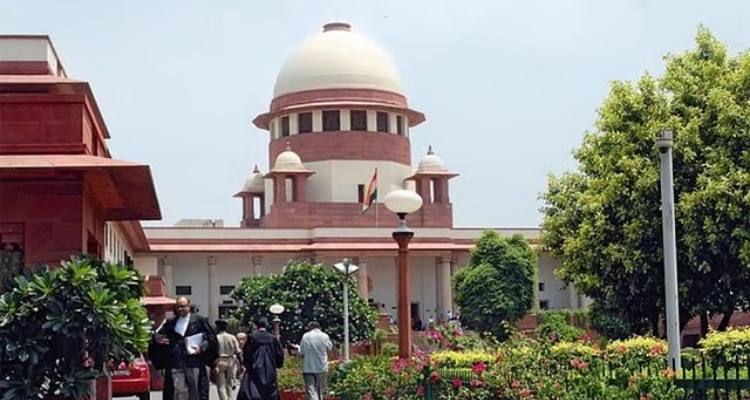
The Maharashtra government on Wednesday informed the Supreme Court that the next tranche of land meant for the construction of the Bombay High Court’s new building complex in Bandra would be handed over by April 30.
The land in question, located on the outskirts of Bengaluru, had been taken over by the state under the Karnataka Land Reforms Act, 1961, on the grounds that it was “excess land.” However, the High Court ruled in 2017 that the land should be returned to the trust, a decision that the state was expected to act upon promptly.
What Bureaucrats Say?
Representing the bureaucrats in the Supreme Court, senior advocate Kapil Sibal argued that the state government had already filed a compliance affidavit, demonstrating that it had abided by the High Court’s directions. Despite this, the High Court continued to pursue contempt proceedings against 9 senior officials, prompting them to move to the apex court.
During the hearing, a bench comprising Justices Bela M Trivedi and Prasanna B Varale took note of the submissions made by Sibal and acknowledged the bureaucrats’ concerns over the ongoing legal pressure despite claimed compliance.
Court Observation
The Supreme Court, after hearing the arguments, issued a notice to the Jamnalal Bajaj Seva Trust, seeking their response to the bureaucrats’ petition. The notice effectively brings the matter before the top court for detailed consideration and provides temporary relief to the officials facing contempt charges.
The court’s decision to entertain the plea indicates that it may examine whether the High Court was justified in proceeding with the contempt case even after the state’s compliance submission.
Longstanding Land Dispute
The dispute over the 350-acre land parcel has been ongoing for several years. The land, originally held by the Jamnalal Bajaj Seva Trust, was deemed “excess” by Karnataka’s land authorities under the 1961 Land Reforms Act. The trust challenged this in court, resulting in the 2017 verdict in its favor.
However, the execution of that verdict has become contentious, with the trust reportedly maintaining that the land has not been fully restored as per the court’s order—hence the contempt proceedings in the High Court.
More Into The case
With the Supreme Court now involved, the case takes a fresh turn. The apex court’s notice to the trust opens the door for a detailed review of whether the state’s actions were in line with the original judgment. It may also bring clarity to the responsibilities of the bureaucrats who claim they are being unfairly targeted despite having followed due process.
The matter will now proceed further in the Supreme Court once the Jamnalal Bajaj Seva Trust files its official response.
Read More: Supreme Court, Delhi High Court, States High Court, International




